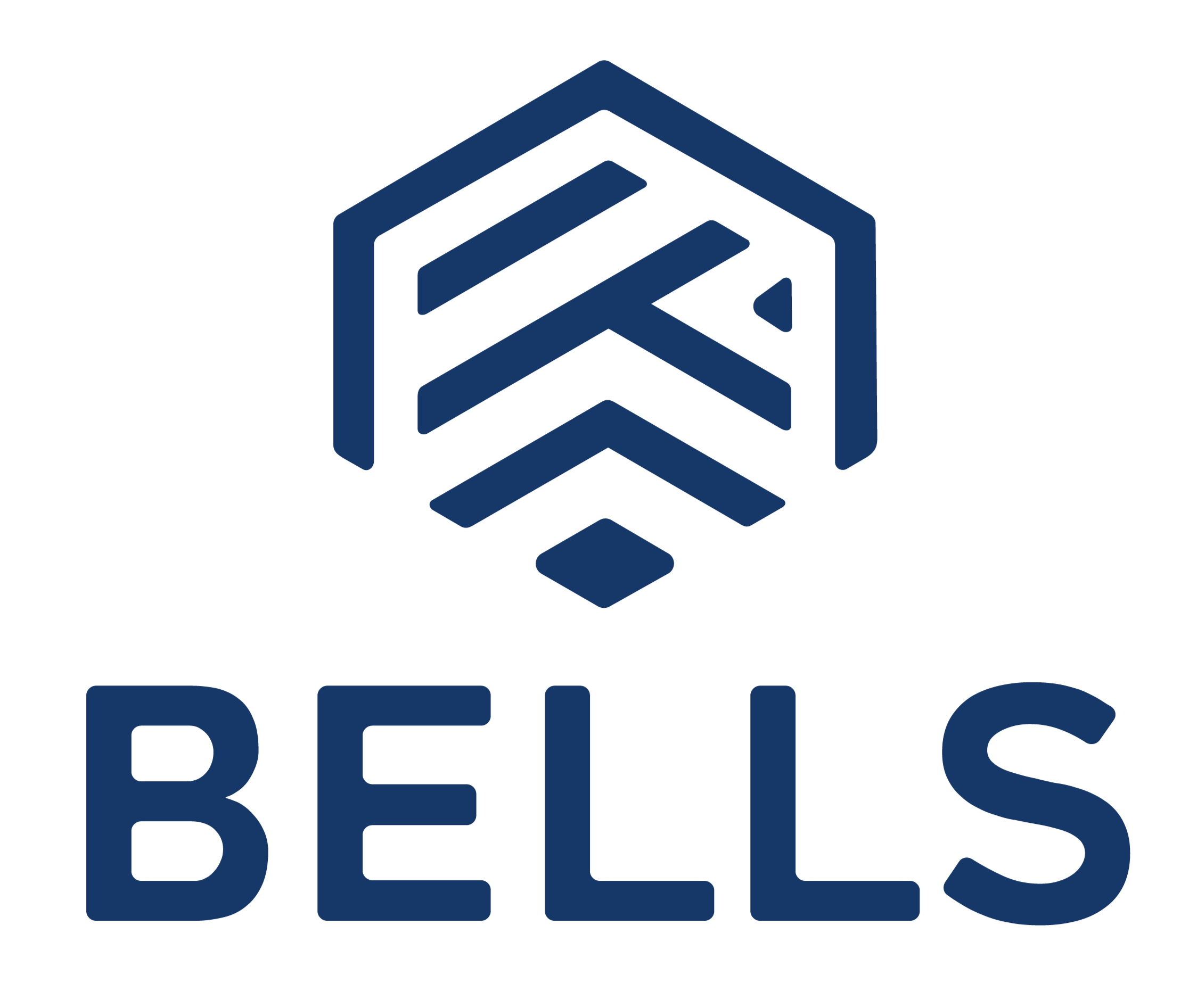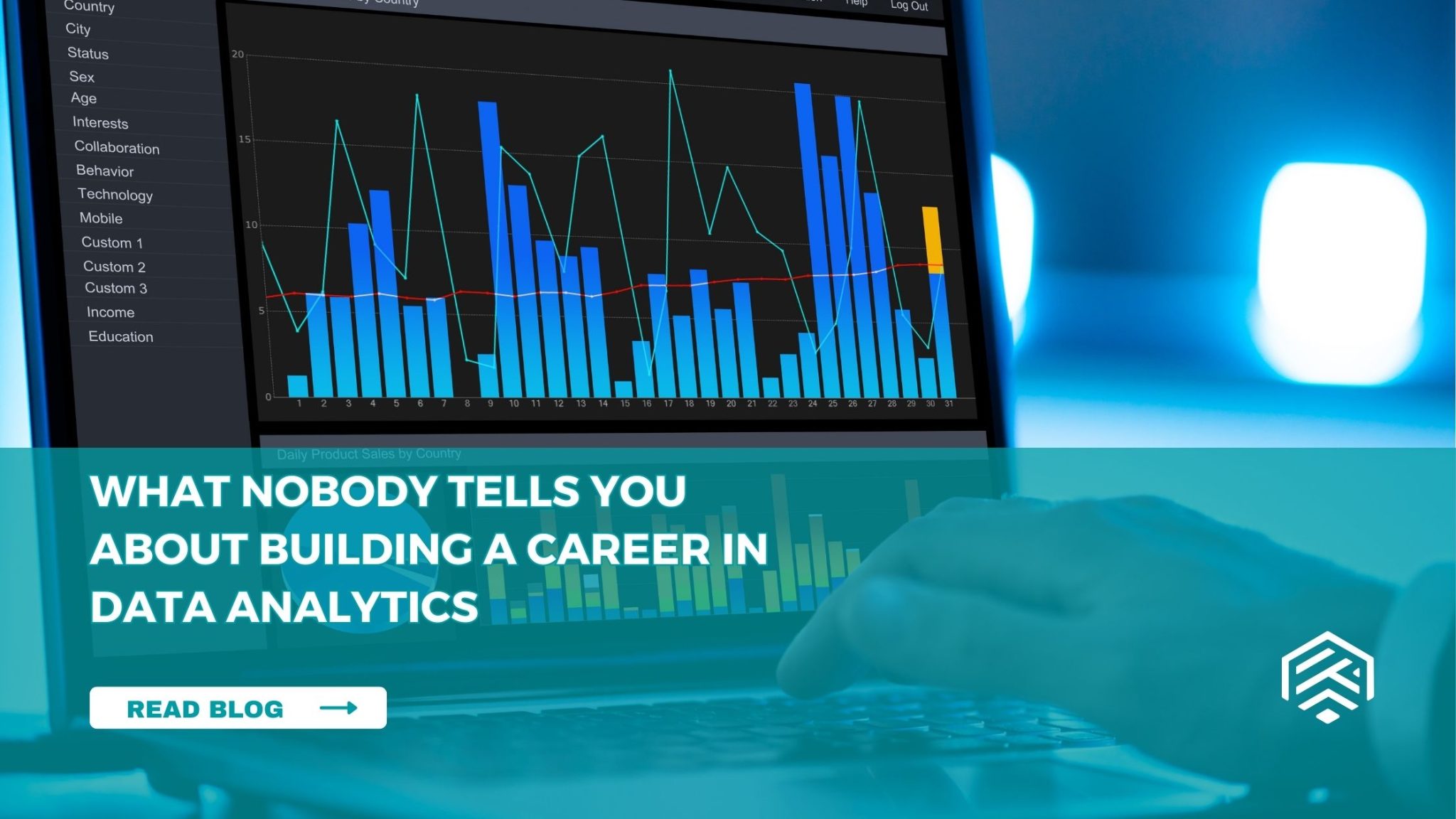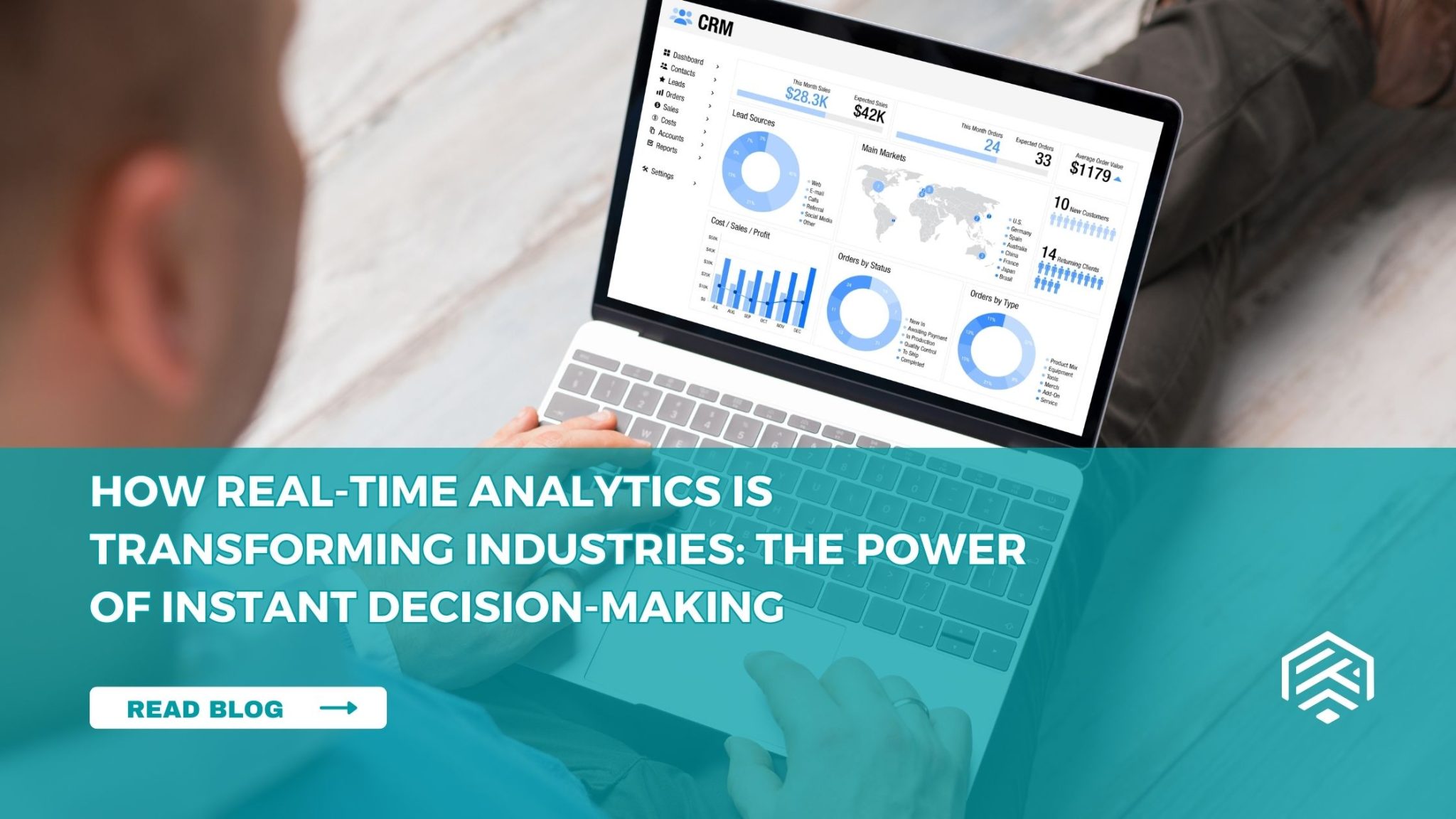The Ethics of AI in Data Analytics: Can We Trust the Insights We Get?
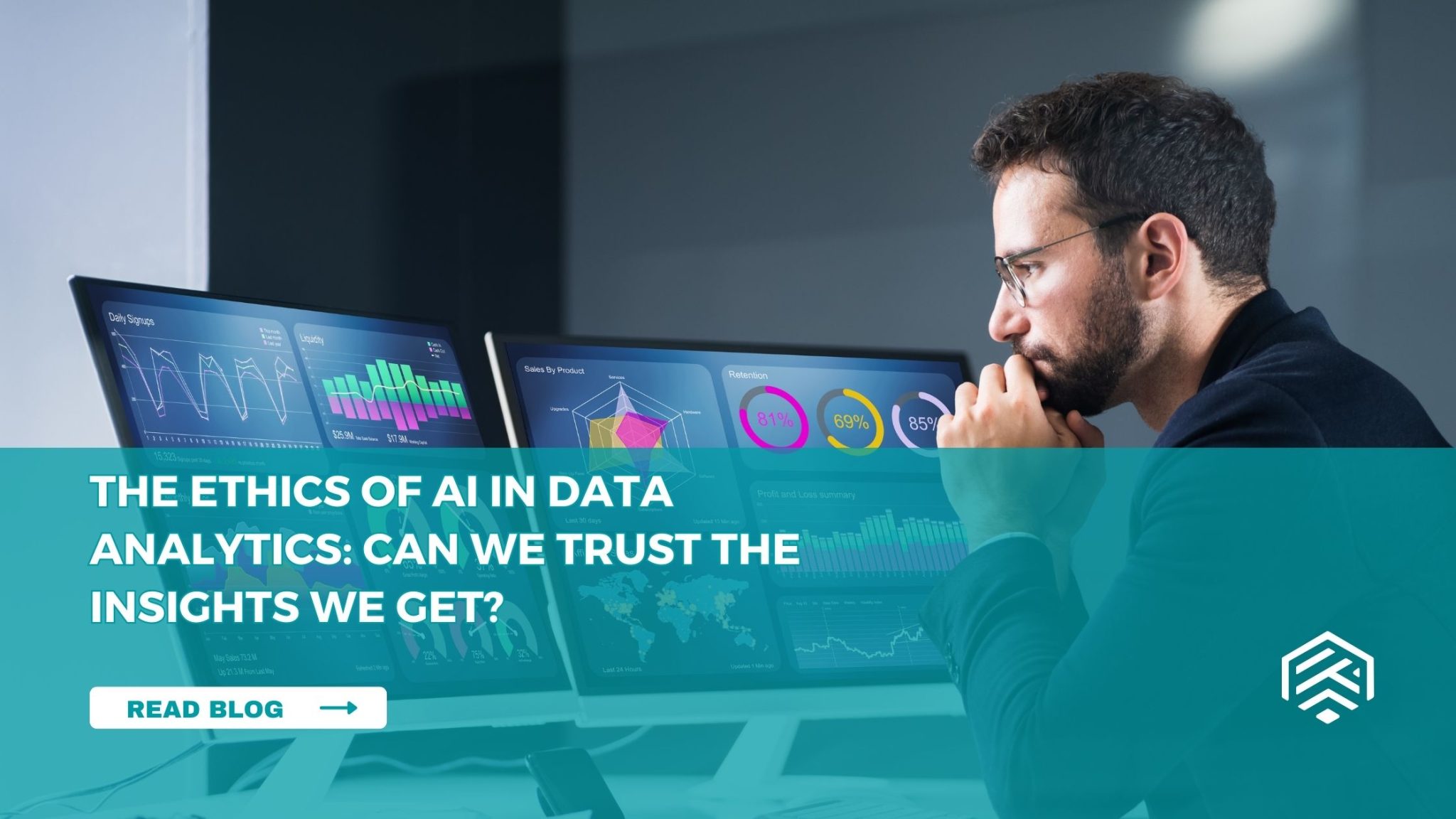
As AI-powered tools continue to transform the field of data analytics, organisations are relying more heavily on algorithm-generated insights to guide decision-making. But as businesses embrace automation and machine learning, a critical question emerges: Can we trust the insights we get from AI? This is why learners pursuing a data analytics course Singapore are increasingly introduced to AI ethics, data privacy, and responsible AI principles alongside statistical modelling and predictive analytics..
The rise of AI in analytics promises speed, accuracy, and scale. Algorithms can process massive volumes of data and surface trends that would take human analysts weeks or months to identify. However, this power comes with ethical concerns—bias in data, lack of transparency in decision-making, and accountability gaps are becoming increasingly pressing issues.
A recent report by IBM reveals that while 78% of businesses are using or exploring AI, over 60% admit to lacking tools to ensure fairness and safety in AI decision-making. This gap highlights just how essential ethical oversight has become.
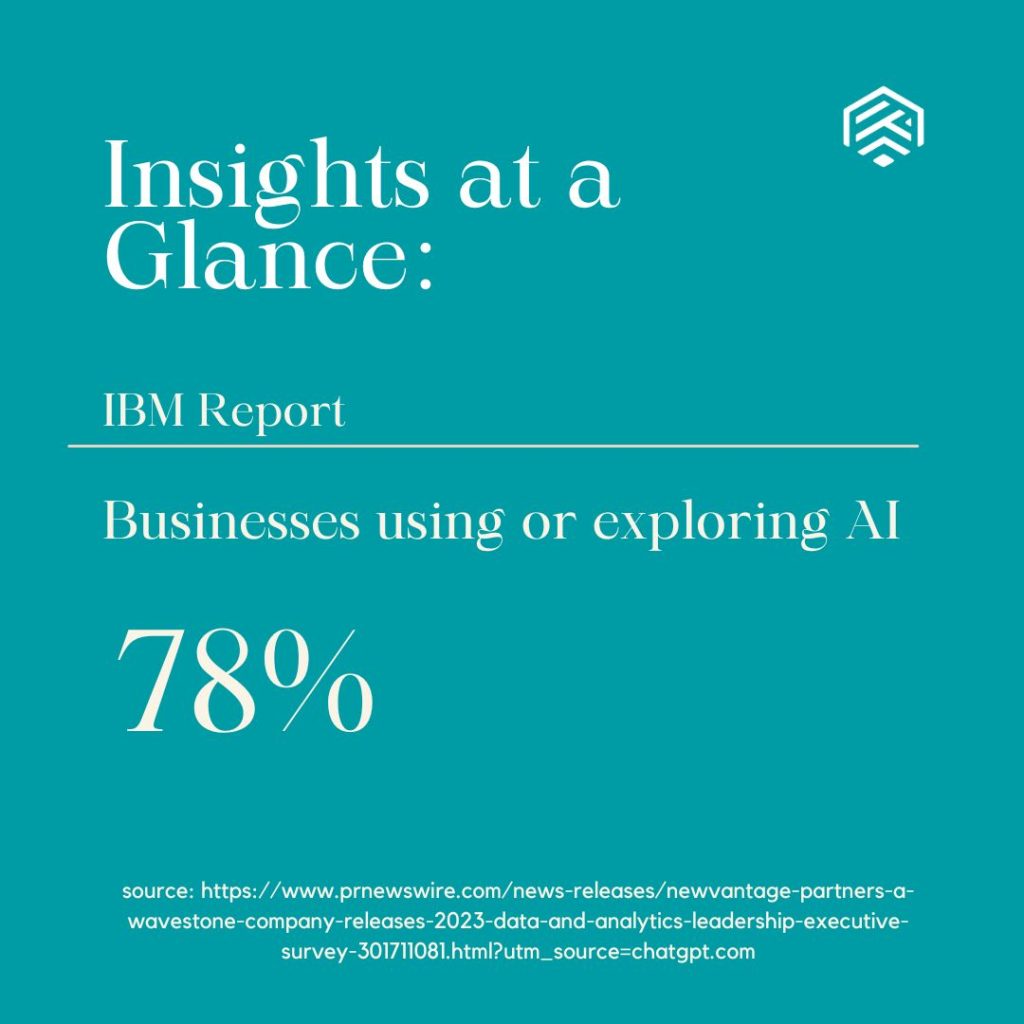
Bias: A Technical and Ethical Issue
Bias in AI is not just an engineering flaw—it’s an ethical hazard. When algorithms are trained on historical data containing bias (e.g., in hiring or lending decisions), they tend to replicate or even amplify these biases.
As a result, data professionals today need more than technical skills. They must understand the ethical dimensions of the work—how algorithms can impact real people and what safeguards must be in place.
Building Trust through Responsible Data Practices
So, how do we build trustworthy AI-powered data analytics? Here are a few foundational steps:
- Understand the limitations of algorithms. Not every insight is a truth; sometimes, it’s a reflection of flawed data.
- Invest in explainable AI (XAI) tools, which help users understand how and why a model makes decisions.
- Create multidisciplinary teams, combining data scientists with ethicists, legal experts, and business strategists to evaluate outcomes holistically.
- Upskill your workforce through programmes like a SkillsFuture data analytics course to ensure your team isn’t just technically equipped—but ethically aware.
The Role of Data Education in Shaping Ethical Analysts
In Singapore’s push towards a smart, tech-savvy economy, professionals who complete a course data analyst must be prepared to lead with both data and conscience. A well-structured data analytics course doesn’t just teach Python and dashboards—it teaches professionals to question data sources, spot biases, and advocate for responsible AI use.
As the demand for data-driven roles increases, so does the need for ethical decision-makers in tech. By enrolling in a data analytics course Singapore, learners future-proof their careers while contributing to a more transparent and trustworthy analytics ecosystem.
AI in data analytics offers tremendous benefits—but only if used responsibly. With the right knowledge, tools, and mindset, we can ensure that AI-driven insights are not only powerful but also ethical and trustworthy. And that journey begins with education.
